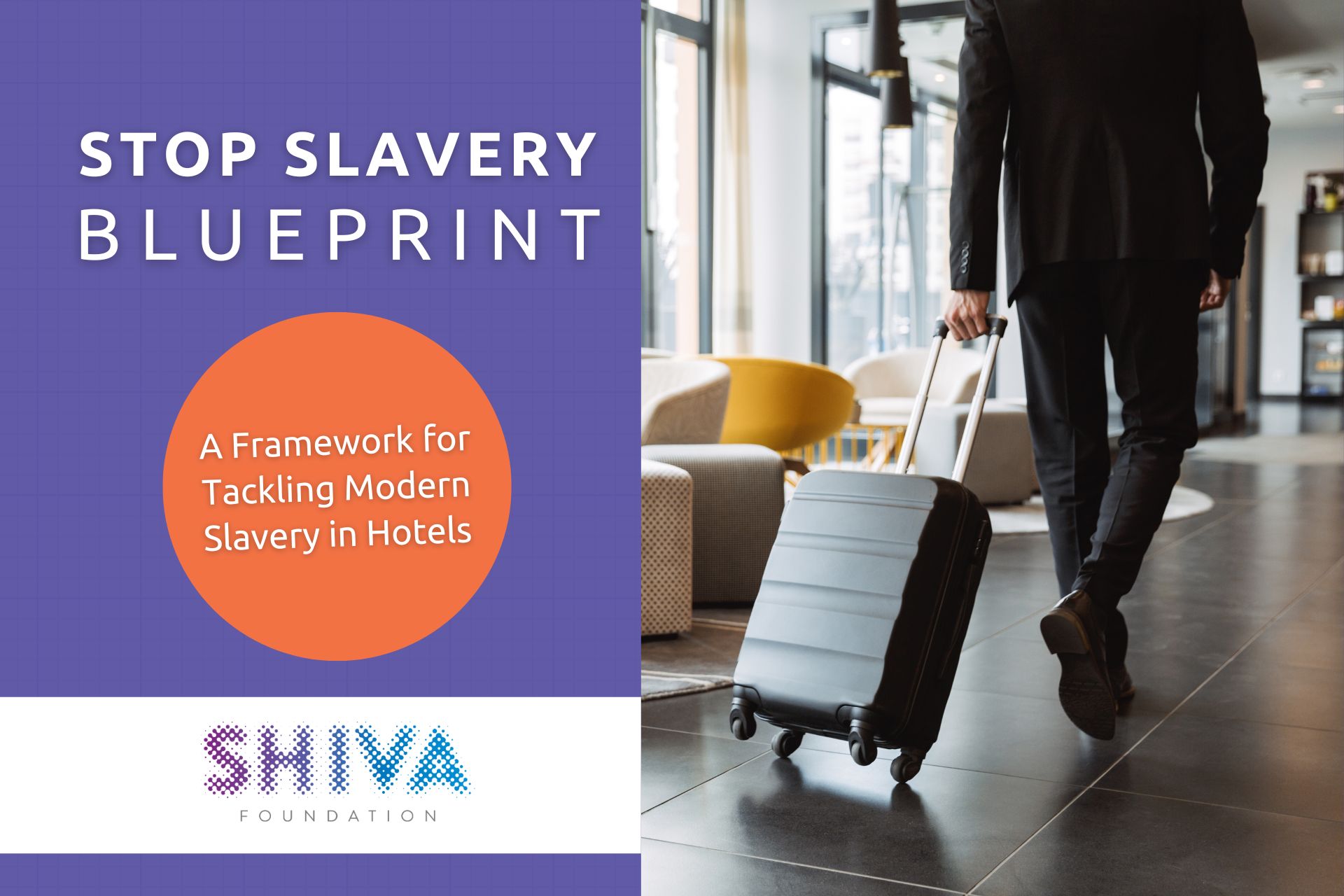Resource
UPDATED: Stop Slavery Blueprint

The hospitality sector has been identified as a high-risk industry for modern slavery and exploitation, requiring proactive efforts from businesses to address it. Hotels, in particular, face higher risks of exploitation. Not only can rooms be used for activities such as sexual exploitation, drug trafficking, and county lines operations, but systemic issues within the industry can also contribute to adverse outcomes for workers.
This newly updated Stop Slavery Blueprint sets out the key principles to be embedded into a hotel as part of its fight against modern slavery. It provides guidance and recommendations regarding statements, supply chain risks, labour risks, and reporting and remediation. It also provides guidance on how to work with others, whether those are suppliers, business partners or local partner organisations. Finally, it provides templates and supplementary guidance, including a training package, that can be adapted for your own use.
Please fill in the details below to access the Stop Slavery Blueprint.
Resource
UPDATED: Stop Slavery Blueprint

The hospitality sector has been identified as a high-risk industry for modern slavery and exploitation, requiring proactive efforts from businesses to address it. Hotels, in particular, face higher risks of exploitation. Not only can rooms be used for activities such as sexual exploitation, drug trafficking, and county lines operations, but systemic issues within the industry can also contribute to adverse outcomes for workers.
This newly updated Stop Slavery Blueprint sets out the key principles to be embedded into a hotel as part of its fight against modern slavery. It provides guidance and recommendations regarding statements, supply chain risks, labour risks, and reporting and remediation. It also provides guidance on how to work with others, whether those are suppliers, business partners or local partner organisations. Finally, it provides templates and supplementary guidance, including a training package, that can be adapted for your own use.
Please fill in the details below to access the Stop Slavery Blueprint.


